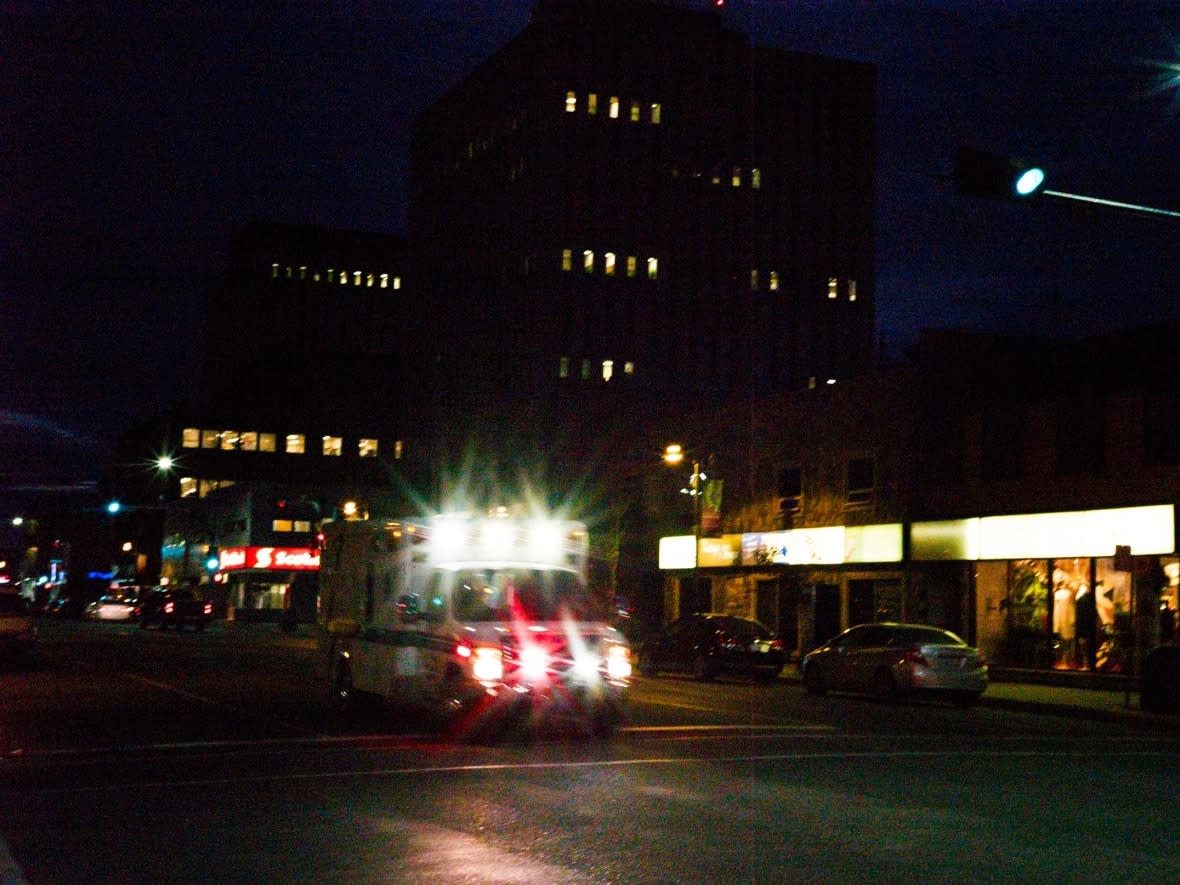Yellowknife proposes emergency medical dispatch software for second year in a row

For the second year in a row, city staff are proposing spending about $50,000 on emergency medical dispatch software in the City of Yellowknife draft budget.
The 57-page document, released last week, sets aside $53,000 for the dispatch software "to ensure a consistently high quality of service to everyone."
The software is designed to provide a live-directed guide to navigate various types of medical emergencies and direct the caller in real time. The software would replace the current process of referencing a paper-based binder to determine the appropriate emergency response, or dispatchers operating from memory.
In case of emergency, Yellowknife residents can call either 911 – operated by the government of the Northwest Territories' Department of Municipal and Community Affairs (MACA) – or the municipal local prefixes plus 2222 to reach fire or ambulance dispatchers directly.
"Life-critical" calls that come in to 2222 are transferred to 911, which is equipped to provide over-the-phone instructions and transfers emergency calls to municipal fire divisions and the RCMP.

'Negative effect' on fire response times
Despite the Yellowknife fire division having its own dispatchers, the city's 2022 draft budget states that NWT911 has taken on the role of both the answering point and dispatcher for emergency, medical and fire services in Yellowknife.
City staff write that "the current approach is causing ongoing issues with respect to how information is being conveyed to emergency service providers and has had a negative effect on the Fire Division dispatch response times."
Instead of transferring callers directly to the fire division dispatch, as it does with the RCMP, NWT911 questions callers and makes response recommendations to city dispatchers based on the information it's gathered.
"Because of a dearth of information at the time of dispatch," city staff write, city dispatchers "resort to treating all calls as emergencies and going full lights and sirens to every call."
One reason NWT911 is reluctant to transfer emergency medical service calls directly to the City, the budget states, is because the city's Public Safety Communications Centre does not currently have an emergency medical dispatch software program.
'A lot of the same resources': Alty
Last year, the same software was proposed in the draft budget, but ultimately rejected in council's deliberations.
In a previous interview with CBC News, Mayor Rebecca Alty said the service would be redundant with the territory-run 911 services that Yellowknife residents already pay for with their taxes.
"I'm not sure that we need to provide the same service as 911, and that's what I see us doing with this duplication," she said.
"Every month I'm paying for 911, and my GNWT taxes are paying for it, so to add my city taxes to be paying for the same service is just a lot of the same resources."

Alty declined to comment on this year's repeated proposal ahead of Yellowknife City Council's deliberations beginning Dec. 6, 2021.
The budget states that the city is entering into discussions with MACA "to address these issues and to reach an agreement on a process that will ensure the best service possible is provided to Yellowknife residents."
Asked about the discussions and the city's claim that the current dispatch approach is causing "ongoing issues," MACA director of corporate affairs, Jennifer Young, said that it would not be appropriate for the territorial government to comment on municipal plans and operations.
She said that "MACA continues to work with communities including the City of Yellowknife to improve public safety and emergency services."


